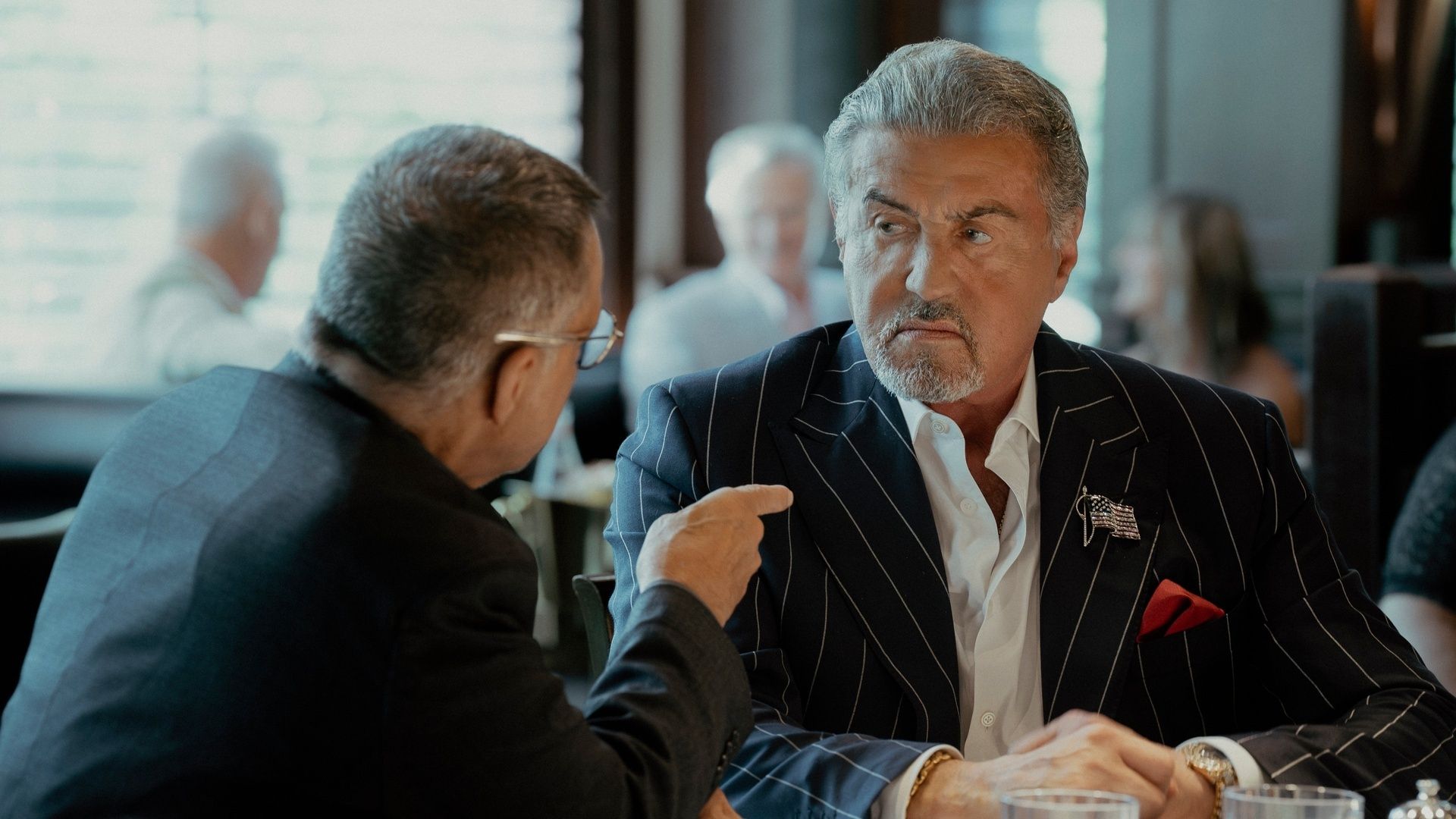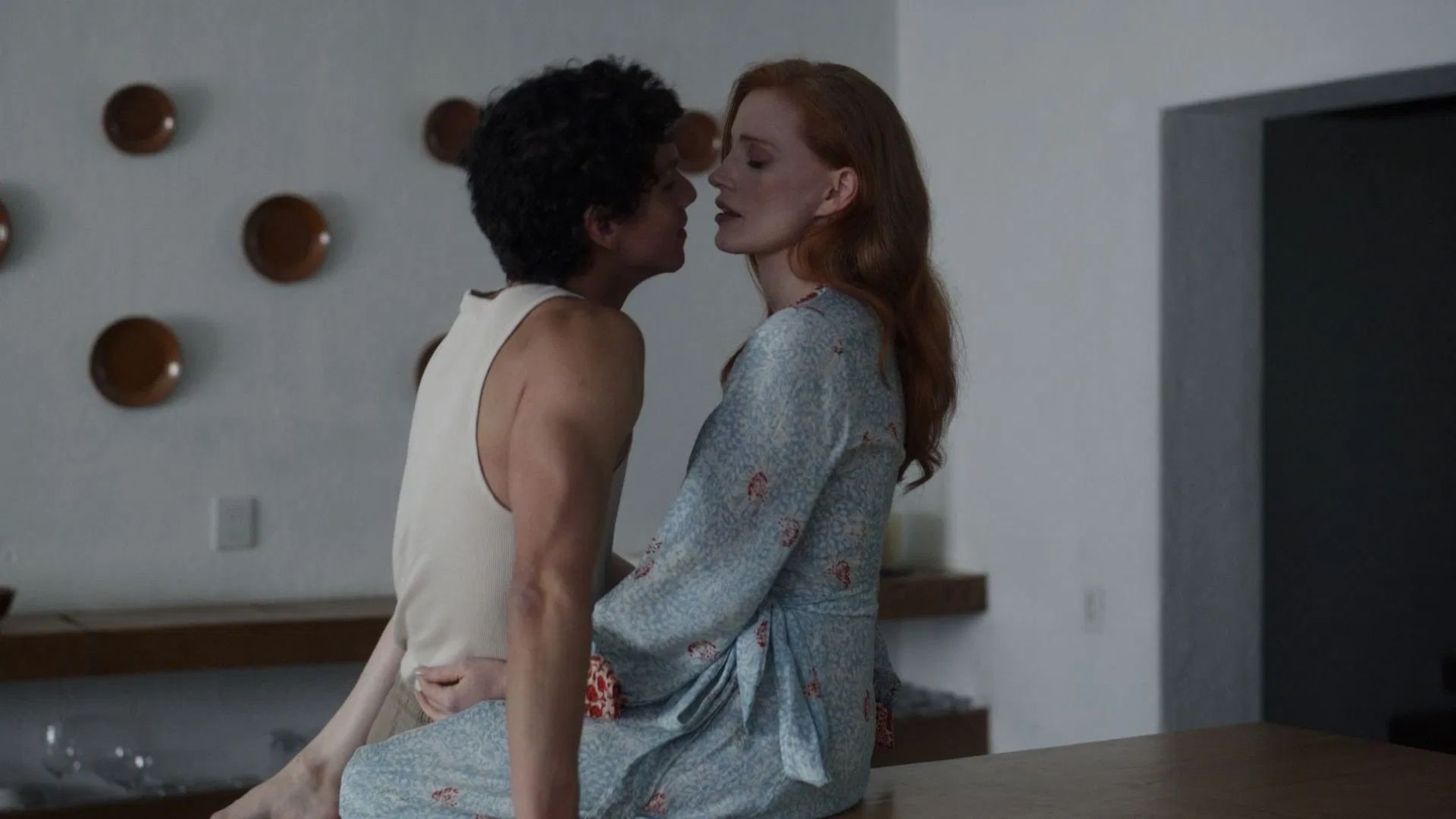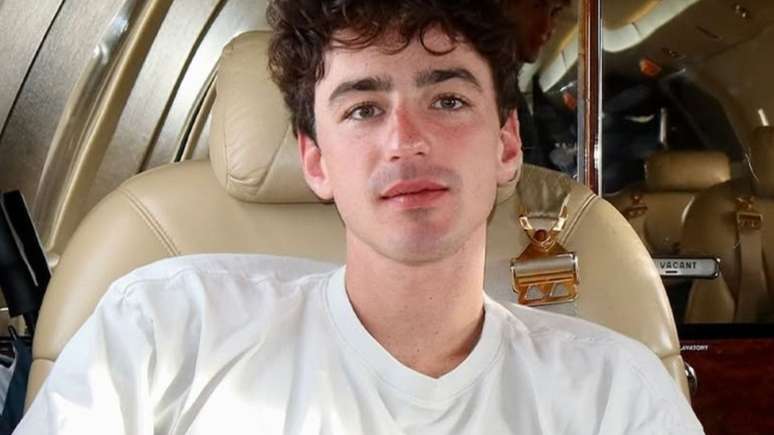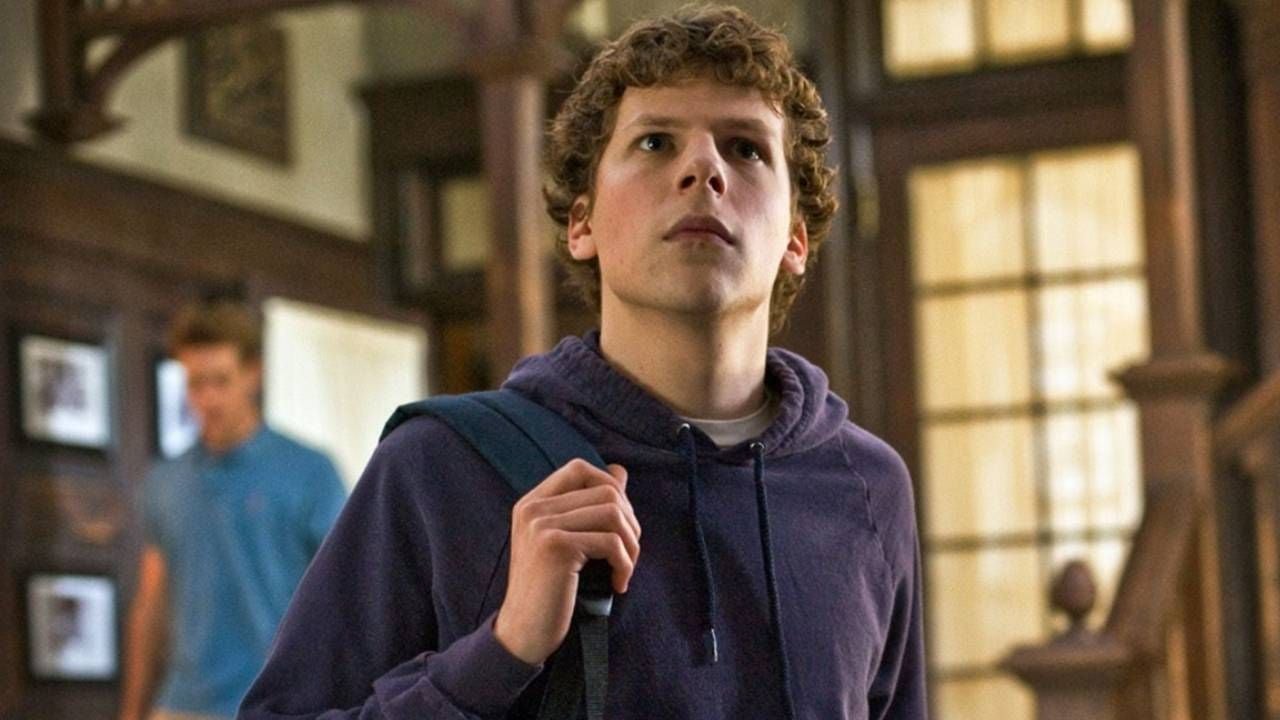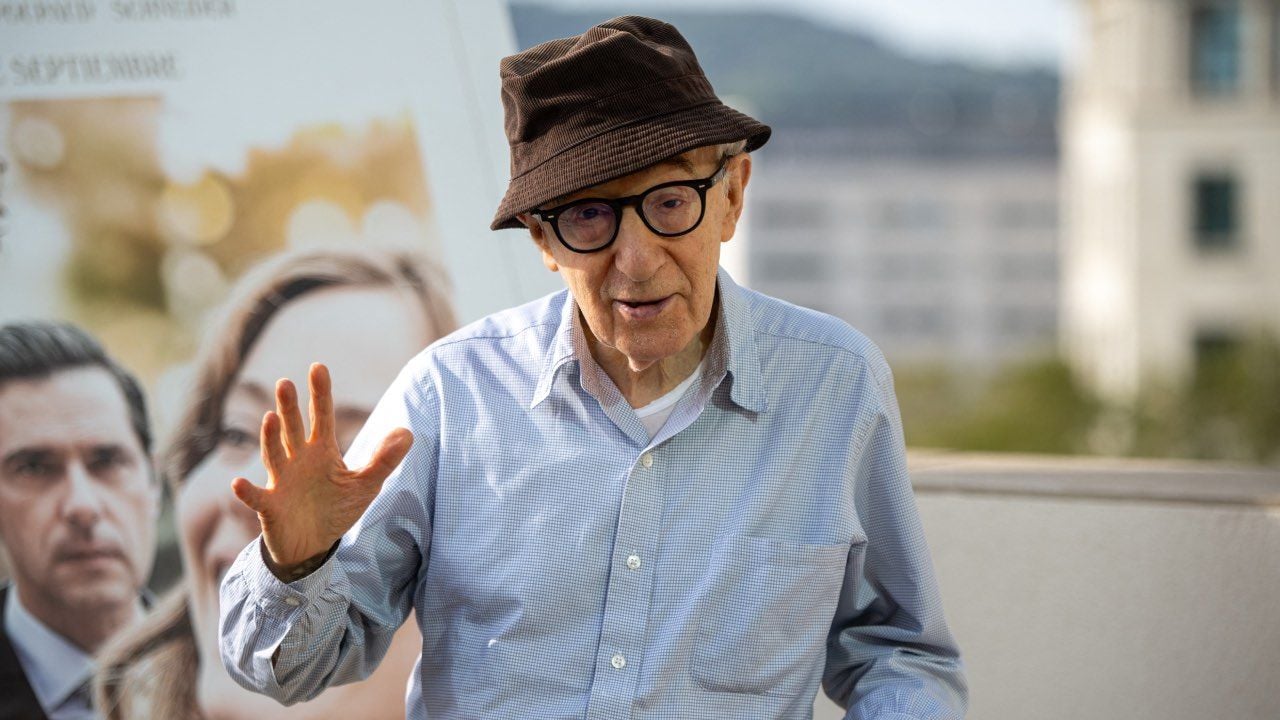For major US sports leagues, changing viewing habits and lucrative TV deals present a happy dilemma: do they build a direct relationship with fans? Or do they trust their media partners to help them win the broadcast wars? Increasingly, the answer seems to be both.
The latest effort to split the difference debuted on July 25, when the Roger Goodell-led NFL launched its own streaming service: NFL+. The live games included were not new per se (it took some preseason games and live audio from their previous NFL Game Pass product and combined them with the in-market mobile rights it previously sold to Verizon), but it still marked a milestone. advance The premier direct-to-consumer bet of a particularly conservative league, which recently signed new long-term rights deals with television partners totaling more than $110 billion.
David Yurenka, senior vice president at NFL Media, said the league views the service as a “vehicle of innovation” that will evolve over time. The NFL’s attempt to thread the needle (i.e. please its television partners but create a DTC product that fans will love) reflects the situation all the major leagues find themselves in, Major League Baseball, National Hockey League, National Basketball Association. The association and Major League Soccer are looking at slightly different solutions to this challenge.
On the one hand, there’s MLB and the NBA, which both offer their own off-the-shelf streaming packages, as well as various streaming and linear rights deals. There’s also the NFL, which has combined pieces of its distribution puzzle into NFL+, hoping to fill a void for football fans on the go, and is looking for a partner to take its Sunday ticket bundle off the market. There’s MLS, which in June opted to strike an exclusive global deal with Apple, hoping the tech giant will help the league grow. Meanwhile, the NHL has moved its exclusive US DTC service from the NHL.tv marketplace to Disney’s ESPN+ platform, betting that Disney’s reach will make up for the severing of that direct relationship.
The main reason leagues want this direct relationship is access to fans and the ability to understand their spending habits and what they are looking for. Millions of people watch the leagues on TV, but “they really had no idea who these people were,” says Pete Giorgio, head of sports consultancy at Deloitte. “What they’re finding is that in the world we live in today, it’s no longer a good thing for people to just look at your content; You need to build relationships with these people. Adds NFL executive Yurenka: “Fan behavior or consumer behavior is moving toward a direct-to-consumer model, so we’re trying to find fans where they are.”
And the leagues are trying to be strategic in that effort, producing games that don’t interfere with these lucrative television rights. Hence the focus on off-market games or NFL betting on mobile video and audio (aimed at consumers who are likely not home to watch TV).
“No medicine goes away, right? “Radio didn’t go away when television came along, and television won’t go away because you can stream it over the Internet,” says Noah Garden, MLB’s chief revenue officer. “On some level it becomes complementary and people choose for themselves which group they want to be in.”
But that doesn’t mean it isn’t a difficult business to do. One of the biggest is related to data. Owning this DTC platform could mean a gold mine of data for the leagues, and outsourcing could mean losing that supply.” It’s something MLB knows all too well, having broadcast its first game in 2002 and launching the streaming service MLB.tv in 2003, years before YouTube even existed. “The more information you have about your fans, in general, the more you can do with them,” says Garden.
But critically, leagues are finding they can still get some data even if they give up some control. The NHL deal with Disney and ESPN is a perfect example. Before that, hockey fans subscribed to the league’s own service. Now that it’s included on ESPN+ and many games are also streaming on Hulu, the league is getting some data from Disney.
“We balance these two priorities by providing direct-to-consumer information and reaching the wider world of sports fans,” said Stephen McArdle, executive director of digital media and strategic planning for the NHL. “And we felt that the reach and power that ESPN+ brought into the equation was very important to us.”
Adds David Propper, executive vice president of media strategy and distribution for the NHL: “It’s a big challenge for us to make sure we get as much data as possible. That’s probably the first thing we’re missing out on in doing the deal, not having that direct relationship with the customer, that’s what we’ve made very central in the conversation with ESPN to make sure we have the opportunity. Markets traversed by customer so that we have at least an idea of who our fans are.
The marketing and production power of media partners can be a compelling argument in its own right and, as was the case with the NHL, strong enough to influence the league’s DTC strategies. It was also a key point in MLS’ decision to sell all rights to Apple. “In the discussions we’ve had with Apple, with their integration, marketing, brand, technology and engineering teams, the amount of innovation for us and the opportunity to build a fan base, which is really what this partnership is all about. . Huge,” MLS Commissioner Don Garber told reporters at a June 14 news conference.
And, of course, having a partner also helps on the technical side of the business. “From an operational standpoint, obviously ESPN+’s infrastructure takes some of the load off of us,” says McArdle, noting that the NHL still operates its own streaming service globally.
A wide range of media agreements and DTC agreements are not risk-free. A July 21 report from Deloitte found that 62% of sports fans surveyed were frustrated with how difficult it was to find content, and more than half missed an event they wanted to watch because they didn’t know where to watch it. But with MLB firmly rooted in streaming, the MLS’s big new deal with Apple, the NHL’s ongoing deep partnerships with Disney and Turner Sports (the games will eventually come to HBO Max), and the NFL’s focus on rights phones. and your partner. With Sunday’s ticket bundle off the market, all eyes are on the NBA as it begins negotiating its next bundle of rights (it currently has deals with Disney and Turner) that expire after the 2024-25 season.
The league is said to be pursuing linear packages that would second only to the NFL in total value ($75 billion total), but the streaming approach will be the most watched. Does the NBA use League Pass affiliate access like the NHL does? Or will he prepare something new to sell, as the NFL does? The status quo is not expected to continue. “Whether it’s entertainment or sports, fans are accessing their games in a very different way than they were five years ago. It will be even more dramatic in the years to come,” says Garber.
The question for leagues is whether they are better served directly or whether they continue to have strong partnerships with rights holders. At least for the foreseeable future, the partnership remains paramount. “Even if the medium has changed, I think the strategy will remain the same, and that’s broad distribution,” says Garden, noting that the definition of “broad” can evolve as consumers change their viewing preferences. “In the old days, that meant you had to be on NBC, ABC, Turner, Fox. In the age of streaming, it could be Peacock or Apple.
In the past, streaming may have been a niche, but in a world full of cable and wireless, YouTube, Hulu, ESPN+ or Apple could be the next streaming partner. Or if the NFL+ is a harbinger of things to come, it could even be the league itself.
This story appeared in the July 20 issue of The Gossipify. Click here to subscribe.
Source: Hollywood Reporter
Camila Luna is a writer at Gossipify, where she covers the latest movies and television series. With a passion for all things entertainment, Camila brings her unique perspective to her writing and offers readers an inside look at the industry. Camila is a graduate from the University of California, Los Angeles (UCLA) with a degree in English and is also a avid movie watcher.


